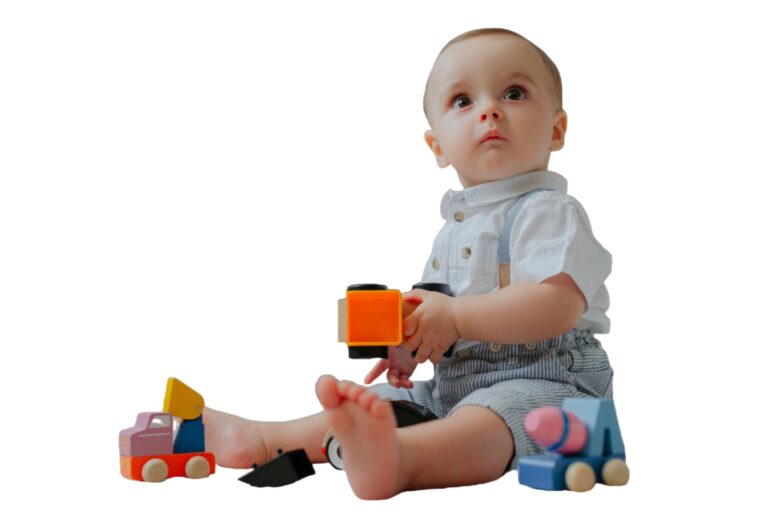Is It Normal for My Toddler to Bite, Hit, or Throw Things? A Comprehensive Guide for Parents
Yes, it is normal for toddlers to bite, hit, or throw things as part of their development. These behaviors often stem from their limited ability to communicate emotions, frustrations, or needs. While this is typical for toddlers, understanding why these behaviors occur and how to address them effectively is crucial for fostering your child’s emotional…









